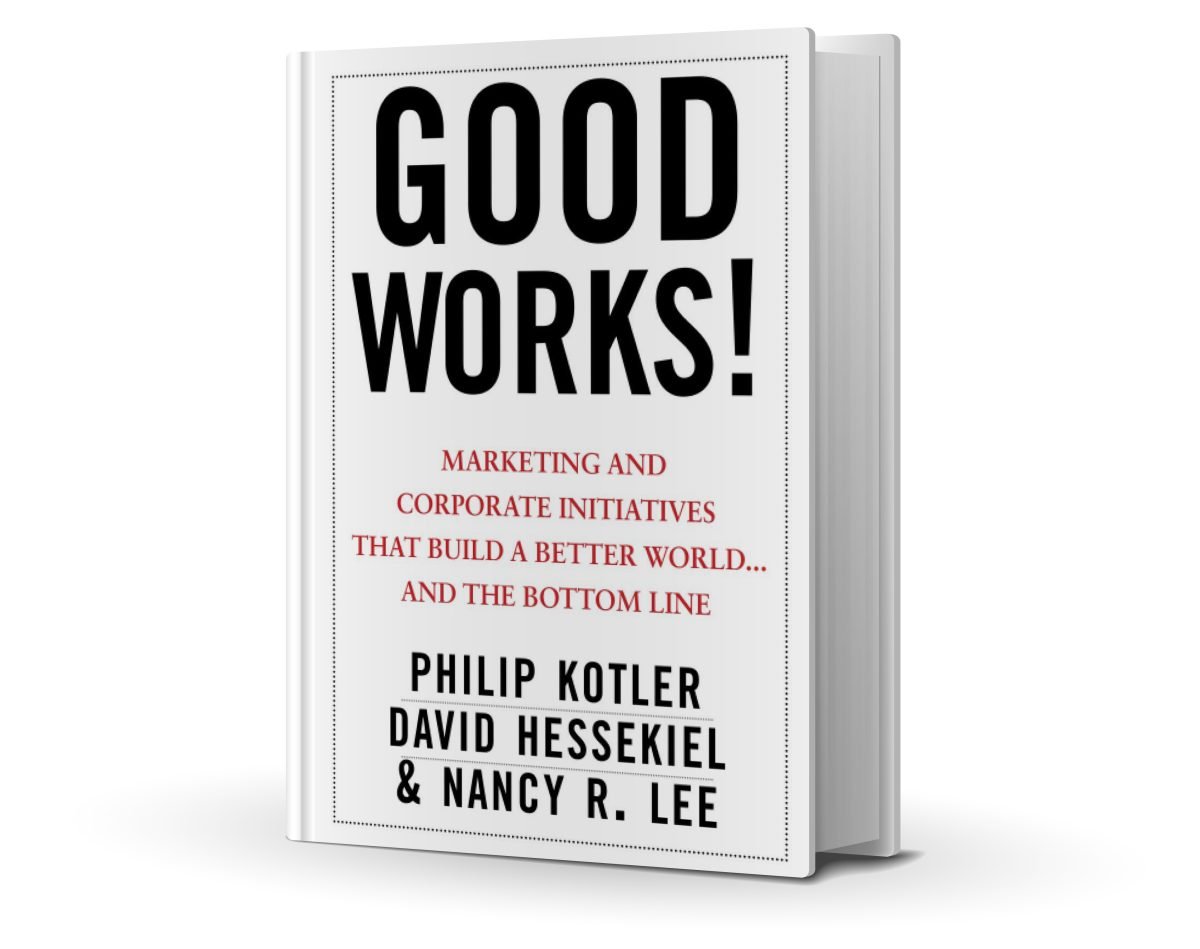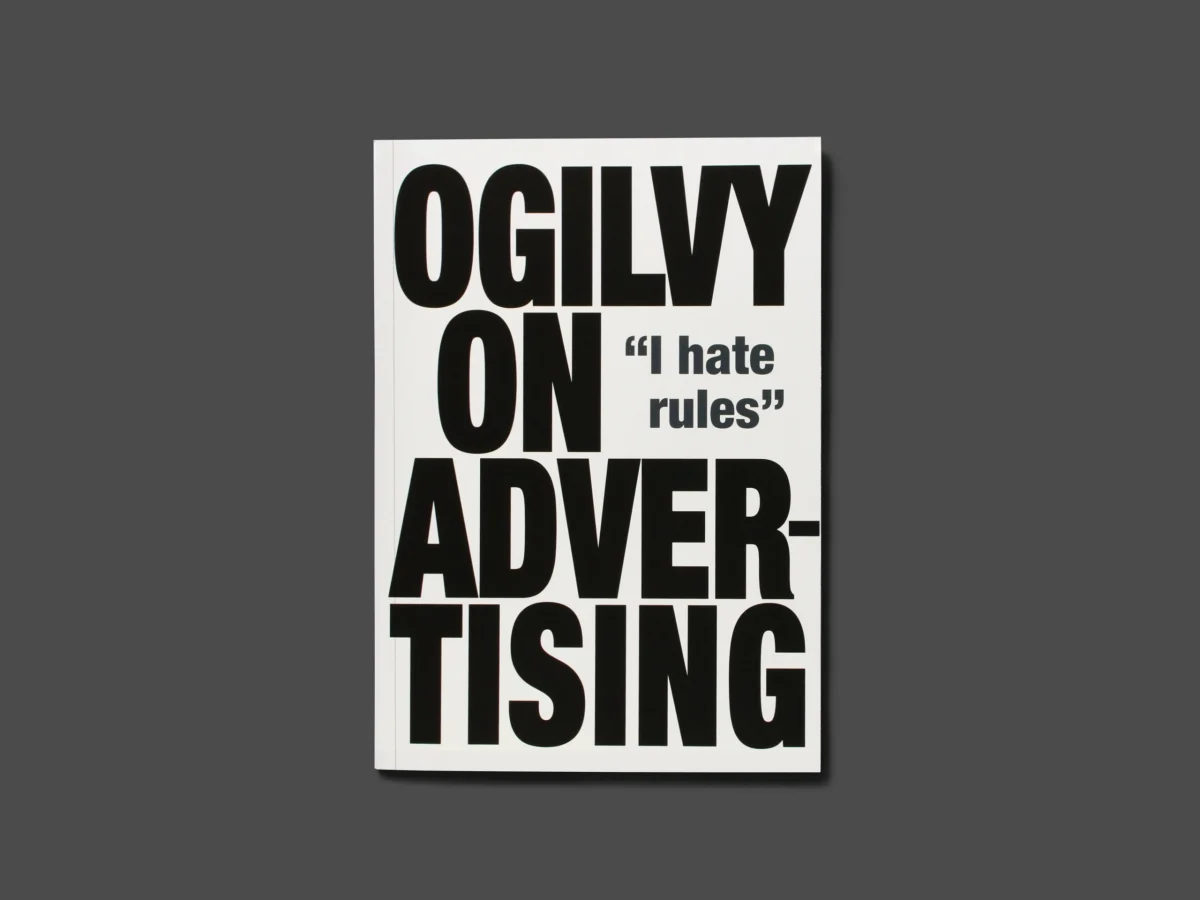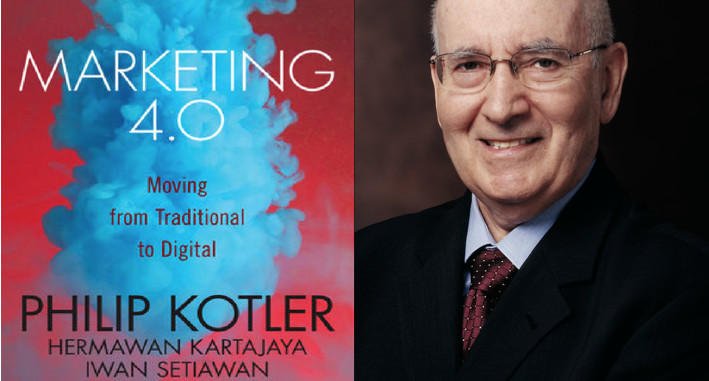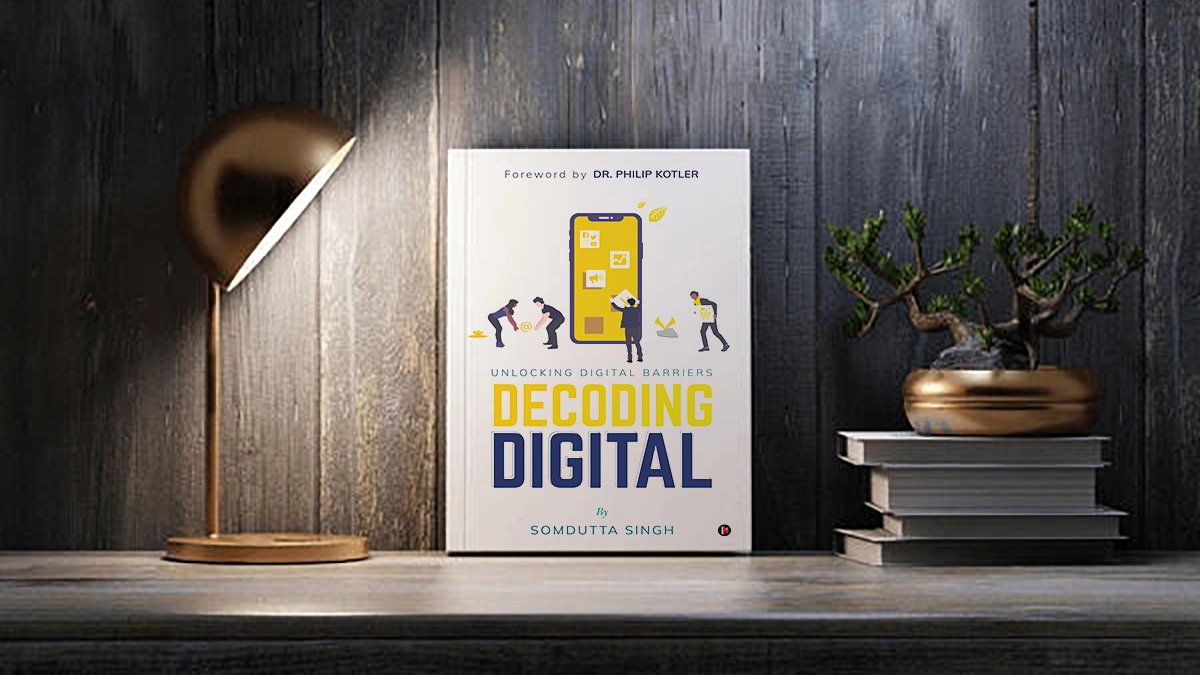The Dunning-Kruger effect, a fascinating psychological concept, reveals a peculiar quirk of human cognition: our tendency to misjudge our own competence. Coined by psychologists David Dunning and Justin Kruger in 1999, this phenomenon highlights how individuals with limited skills or knowledge in a particular domain often overestimate their abilities. Conversely, those who are highly skilled may underestimate their competence. Understanding the Dunning-Kruger effect sheds light on how our perceptions of our own abilities can sometimes be flawed, impacting various aspects of our lives, from decision-making to interpersonal interactions. This introduction sets the stage for exploring the intricacies of this intriguing cognitive bias.
Example of Dunning-Kruger effect:
Imagine a workplace scenario where a team is tasked with designing a new marketing strategy.
Person A has years of experience in marketing, understands consumer behavior, and has successfully launched several campaigns. Person A accurately assesses their abilities and knows they have the skills to contribute meaningfully to the project.
Person B, on the other hand, is relatively new to marketing and lacks the depth of experience that Person A has. However, Person B doesn’t realize their lack of expertise. They might confidently suggest strategies that are impractical or ineffective because they haven’t yet developed the knowledge to recognize what works and what doesn’t.
In this scenario, Person B is exhibiting the Dunning-Kruger effect by overestimating their abilities in marketing due to their limited understanding of the field. They might not seek guidance or input from more experienced colleagues because they believe they already have a solid grasp on the subject.
As a result, the team’s performance could suffer if Person B’s suggestions are implemented without proper scrutiny, leading to suboptimal outcomes. Recognizing and addressing the Dunning-Kruger effect in the workplace can help teams make better decisions and achieve better results.
The Dunning-Kruger effect presents both drawbacks and benefits:
Drawbacks:
- Overconfidence: One of the primary drawbacks is that individuals experiencing the Dunning-Kruger effect may exhibit overconfidence. They might take on tasks beyond their capabilities, leading to subpar outcomes or even failure.
- Underestimation of Competence: Conversely, individuals who are highly competent may underestimate their abilities. This could result in missed opportunities for advancement or reluctance to take on challenges they are well-equipped to handle.
- Miscommunication and Conflict: In workplace settings, the Dunning-Kruger effect can lead to miscommunication and conflict. Less competent individuals may insist on their ideas without considering alternative perspectives, leading to friction within teams.
- Stifled Growth: Those affected by the Dunning-Kruger effect may be less inclined to seek feedback or pursue further learning, believing they already possess sufficient knowledge or skills. This can hinder their personal and professional growth.
Benefits:
- Confidence Boost: The Dunning-Kruger effect can sometimes provide a confidence boost to individuals who are just beginning to learn a new skill or field. Feeling overly confident may motivate them to take risks and explore new opportunities.
- Initiative: In some cases, individuals experiencing the Dunning-Kruger effect may demonstrate initiative by taking on tasks or projects outside their comfort zone. While this can sometimes lead to mistakes, it can also foster innovation and creativity.
- Encouragement of Lifelong Learning: Witnessing the limitations of one’s own knowledge or skills can be a humbling experience, encouraging individuals to adopt a growth mindset and pursue lifelong learning. This can lead to continuous improvement and adaptation in an ever-changing world.
- Improved Collaboration: By recognizing their own limitations, individuals may become more open to collaboration and seeking advice from others. This can foster stronger teamwork and more effective problem-solving within organizations.
The Dunning-Kruger effect can significantly impact managers’ ability to hire the right candidate for a position in several ways:
Overestimation of Skills: Managers may encounter candidates who confidently exaggerate their abilities or qualifications due to the Dunning-Kruger effect. These individuals may oversell themselves in interviews, leading managers to believe they are more competent than they actually are.
Underestimation of Competence: Conversely, highly competent candidates may downplay their skills or achievements, underestimating their own competence. This can make it challenging for managers to accurately assess their suitability for the role.
Biased Evaluation: Managers themselves may be susceptible to the Dunning-Kruger effect, leading them to overestimate their ability to evaluate candidates accurately. This bias can cloud their judgment and influence hiring decisions.
Preference for Similarity: Managers may unconsciously favor candidates who exhibit similar levels of confidence or self-assurance, even if those qualities do not necessarily correlate with competence. This preference can perpetuate the cycle of hiring individuals who overestimate their abilities.
To mitigate the effects of the Dunning-Kruger effect in the hiring process, managers can:
Implement structured interview processes that focus on assessing candidates’ skills, experiences, and abilities objectively.
Utilize competency-based assessments and practical exercises to evaluate candidates’ job-related competencies.
Seek input from multiple stakeholders and incorporate diverse perspectives in the hiring decision-making process.
Provide training and development opportunities for managers to enhance their understanding of biases and improve their ability to evaluate candidates effectively.
The Dunning-Kruger effect unveils a fascinating aspect of human cognition, illustrating how individuals can misjudge their own competence. This phenomenon, coined by psychologists David Dunning and Justin Kruger, impacts various aspects of life, from decision-making to interpersonal interactions.
In workplaces, the effect can lead to overestimation or underestimation of skills among team members, resulting in suboptimal outcomes. However, it also presents benefits, such as a confidence boost for beginners and encouragement of lifelong learning.
Moreover, in the hiring process, the Dunning-Kruger effect can skew evaluations, leading to biased decisions. To counter this, managers can adopt structured processes, utilize competency-based assessments, seek diverse perspectives, and provide training to enhance their understanding of biases. By addressing the Dunning-Kruger effect, organizations can make more informed decisions and foster environments conducive to growth and collaboration.








